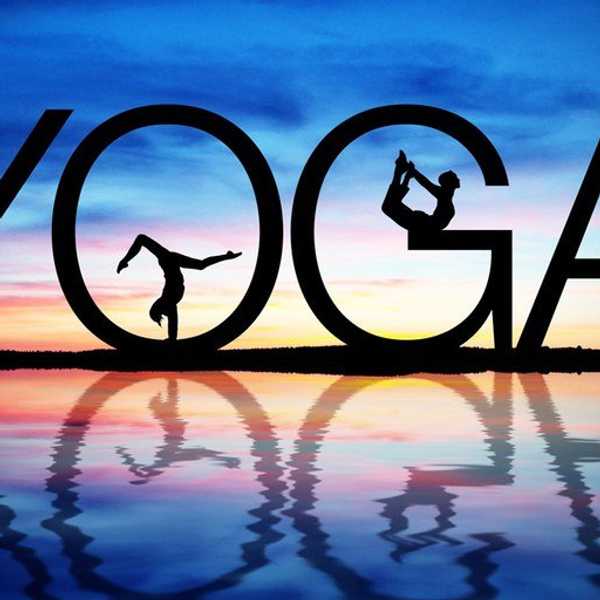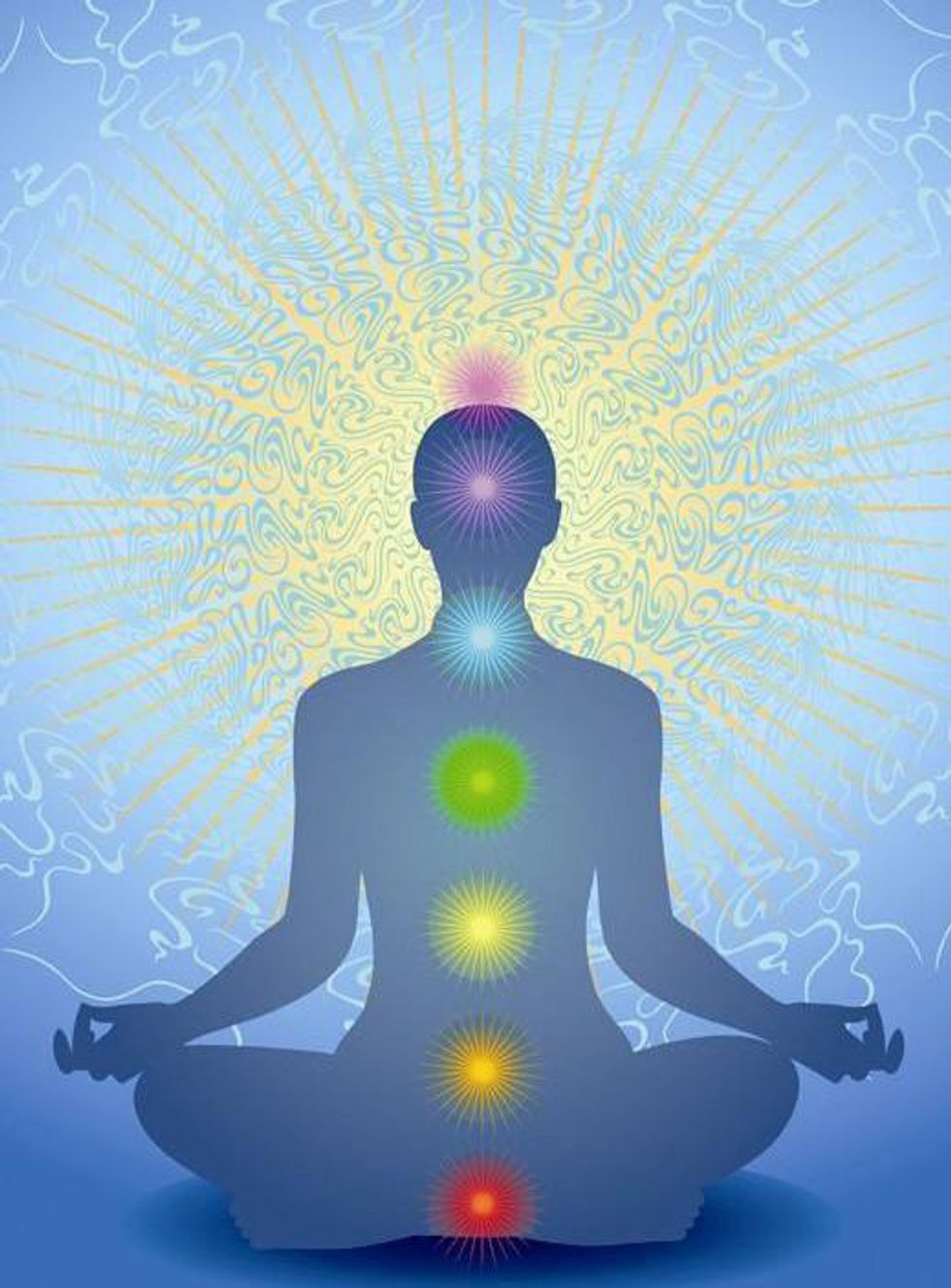Lots of people in the western yoga community lament the "bastardization" of an ancient practice. However, I think there is some wiggle room here. On one extreme end, you have yoga impostors. These are the yoga jerks that turn all of us off to yoga with their pretentious photos and captions, high-end gear and general unlikable aura. Almost everyone knows at least one yoga impostor. On the other end, you have yoga purists. This group sees yoga as a sacred, ancient practice and follows it strictly. They scorn the yoga selfies on Instagram, doga and yogalates classes and big companies who have turned this spiritual practice into just another exercise class.
So where do the rest of us fit in? While yoga is obviously more than just a multi-billion dollar industry, I think that it has changed a little over time too. Us regular yogis may not be quite up to speed on all the ancient traditions. What makes a good modern yogi?
1. Dedication
Making time for your practice, whatever it is, is what makes a real yogi. We are all busy with jobs, kids, school and everything else in this life. When we make time whether it's daily or a few times a week, we as highlighting our practice as something of importance. We are pushing away other things in order to do something to better ourselves, both mentally and spiritually. Dedication means practicing at times when others are not around to witness it. It means practicing at home if you don't have time to go to a class (or if you only practice at home, that's cool too). It means slowing down your poses and really trying to do them to the best of your ability and focusing on each pose and transition in the flow. It means doing conditioning work in order to keep your body strong to do those poses to the best of your ability.
2. Spirituality.
Some people may disagree on this one, and it's okay. I think that for true yogis some part of your practice must be spiritual. I have heard people before tell me that they like yoga, but don't agree with "all that hippy nonsense." I can see them wince in class when the teacher uses a Sanskrit word or mentions "releasing attachment" or "opening chakras." If you aren't at least a little bit spiritual in your practice, why not just stretch at home and do Pilates? While I believe that at least some spirituality is mandatory, the level of spirituality is up to you. If you want to use yoga to help you focus on the present moment, embrace your inner power or divinity or release attachment to Earthly things, great! If you don't really believe in the chakras, karma, or other aspects of the practice, that's okay. Everyone has their own beliefs. Your practice doesn't have to replace church, but I still think that people who truly practice yoga embrace the spiritual side as much as they do the physical side.
3. Authenticity
Being serious about your practice makes you a good yogi. It's not a crime to take a picture of a cool pose and post it online, but if you are only doing the poses to reap all the "Likes," you are not being authentic in your practice. An authentic practice means that you are practicing for yourself, and not for followers. Your practice should not be a competition with others or an excuse to show off. No level of experience will affect the authenticity of your practice. There are posers who can stand on their hands all day. There are others who can barely hold downwards dog, but do it with such passion that doubting the intentions of their practice is impossible. A real practice is a good practice, and a real yogi is a good yogi.
Given those three guidelines, I think it is up to the individual to fill in the rest. Rigorous or casual, traditional or modern, Lululemon or sales rack at JC Penny's, we are all free to practice just as we'd like. Namaste.
























